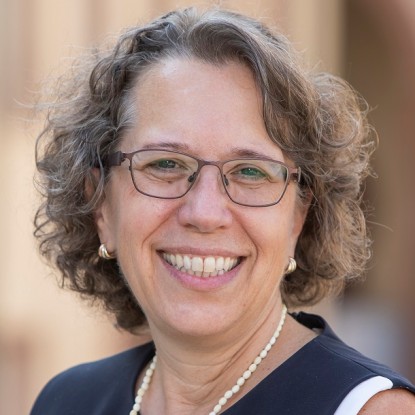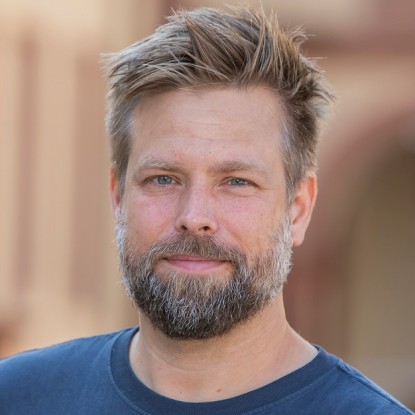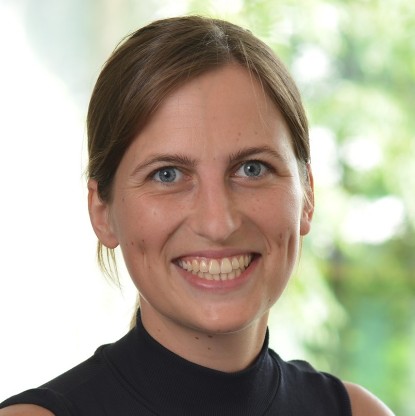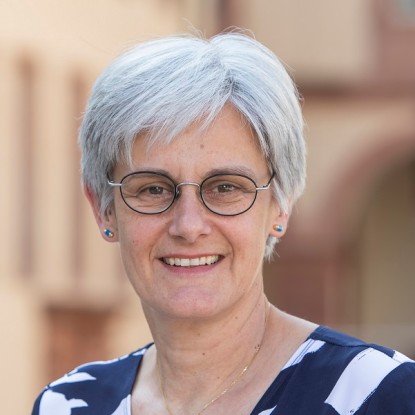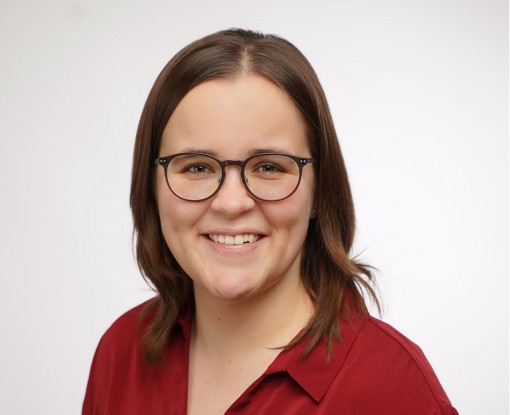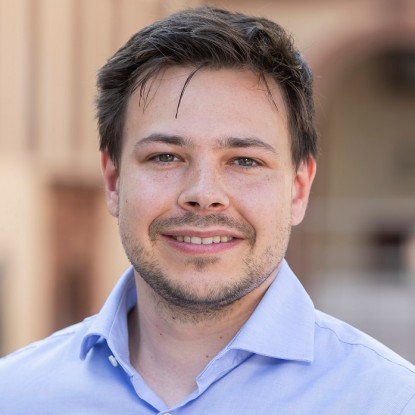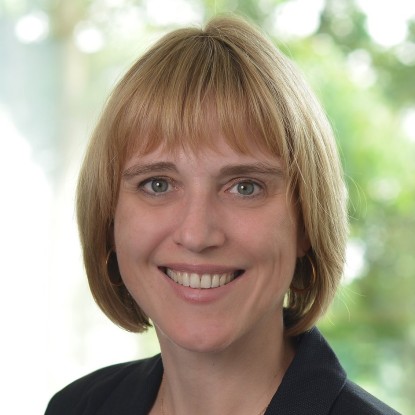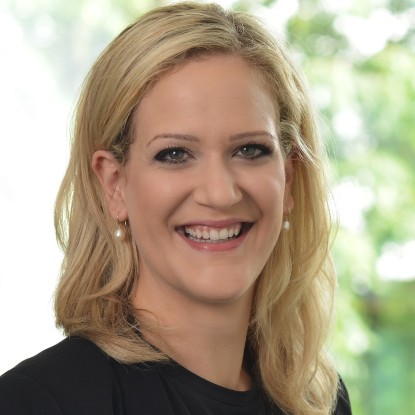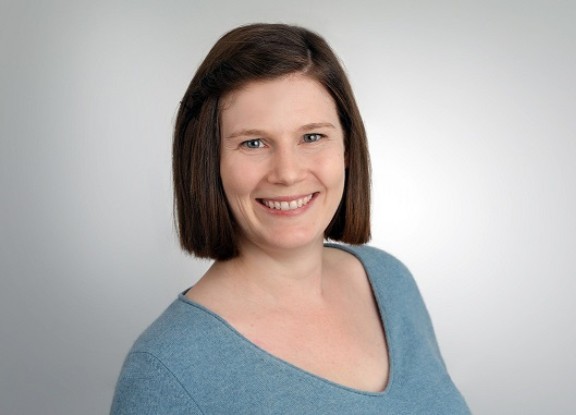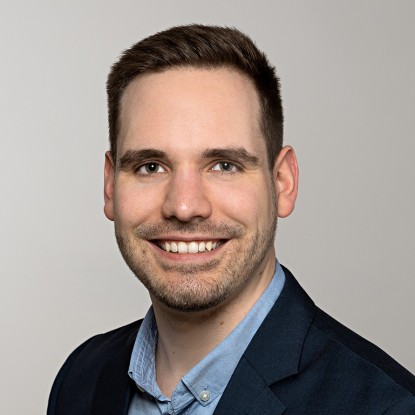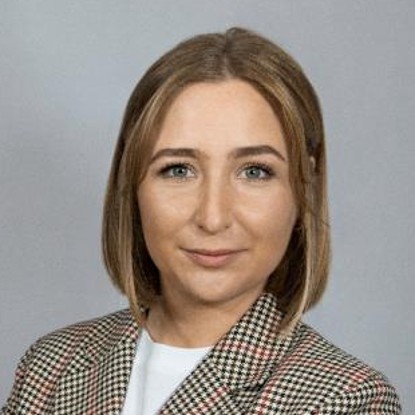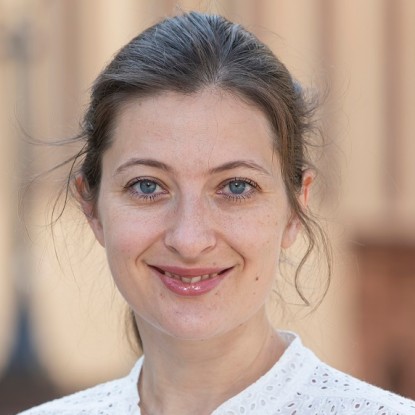Loewe Exzellenzzentrum
The LOEWE Center emergenCITY is an interdisciplinary research center that was established at TU Darmstadt in 2019 by decision of the Government of the Federal State of Hessen, Germany. The University of Kassel and the Philipps-Universität Marburg are partners. The center has started in January 2020.
emergenCITY aims at investigating fundamentals, methods and solutions towards the resilience of future digital cities and especially the capability of Information and Communication Technology to resist, adapt, and transform in crisis situations.
The team includes 23 professors in the fields of computer science, electrical engineering, information technology, mechanical engineering, political science, history, architecture, business and law. Prof. Michèle Knodt is Deputy Coordinator and Program Area-Leader (societal aspects and urban planning).
Research
In 2050, roughly two-thirds of the world population are expected to live in urban areas. The sustainable growth in number and size of cities is only possible due to gains in efficiency in (critical) infrastructures such as energy, transportation, logistics, and water. Information and communication technology (ICT) is the main driver behind these efficiency gains and acts as the enabler for digital cities. However, this trend also poses a threat to the functioning of cities in crisis situations. Increasing interconnectedness and dependence on digital services make societies more vulnerable to disruptive events that impact on regular ICT functions. ICT-based infrastructures are at peril due to man-made or natural disasters, violence and terror. At the same time, the Functioning of digital cities is not well understood in cases of extreme events, crises, and catastrophes. emergenCITY aims to investigate fundamentals, methods and solutions towards enabling so-called „Resilient Digital Cities“. With this, we refer to the resilience of future digital cities and the capability of ICT and its users to resist, adapt, and transform in crisis situations.
Further information will be given in the following, in the descriptions for each program area and in a short paper on emergenCITY (wird in neuem Tab geöffnet).
Innovative Goals
We address the challenge to utilize existing heterogeneous and amorphous ICT systems—or sub systems that are still operational—in all stages of the crisis. The goal for ICT in digital cities is to transition towards a self-configuring, self-healing, self-optimizing, and self-protecting way of operation, even if outside the original design envelope, while systematically taking into account human interaction.
Program Areas and Research Projects
To address these challenges holistically, emergenCITY comprises of four intermeshed program areas: Societal aspects and urban planning, Information, Communication, and Cyber-physical systems. Interdisciplinarity lies at the heart of the emergenCITY approach. Each program area covers key areas of disaster science research within one or several disciplines.
- The program area Societal aspects and urban planning covers fundamental historical, political, social, and legal aspects of crises and resilient ICT in digital cities.
- Within the area of Information, the focus lies on autonomous composition of ICT services from whatever resources still available.
- Within the area of Communication, we focus on the design of communication systems that have inbuild resilience and are responsive to any kind of crisis/disaster. These systems shall be able to self-prepare decentralized and infrastructureless operation prior to the disaster and able to support basic communication services under any circumstances.
- The area of Cyber-physical systems covers the topic of (semi-)autonomous robotic platforms and systems for emergency response and recovery in very complex environments.













